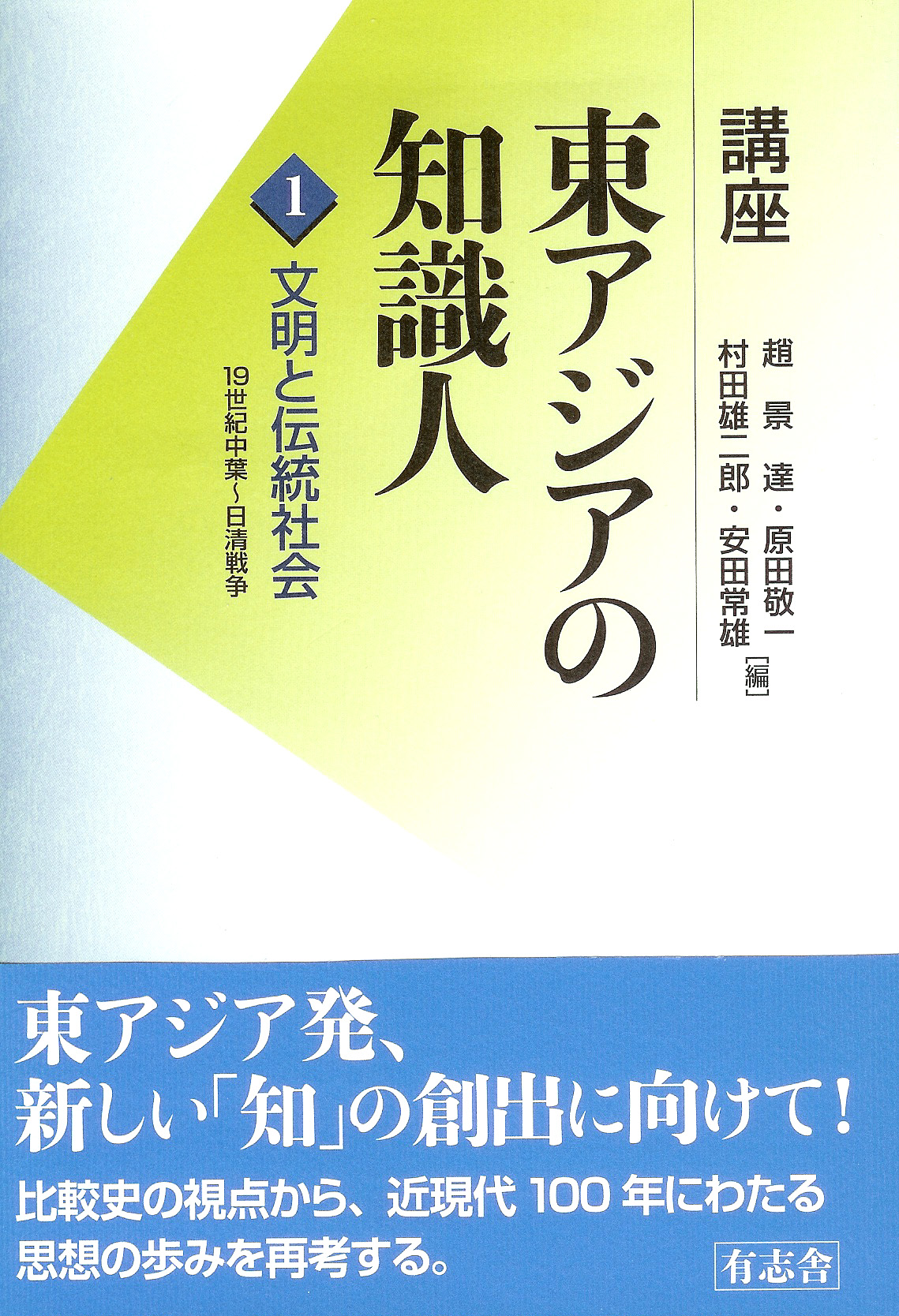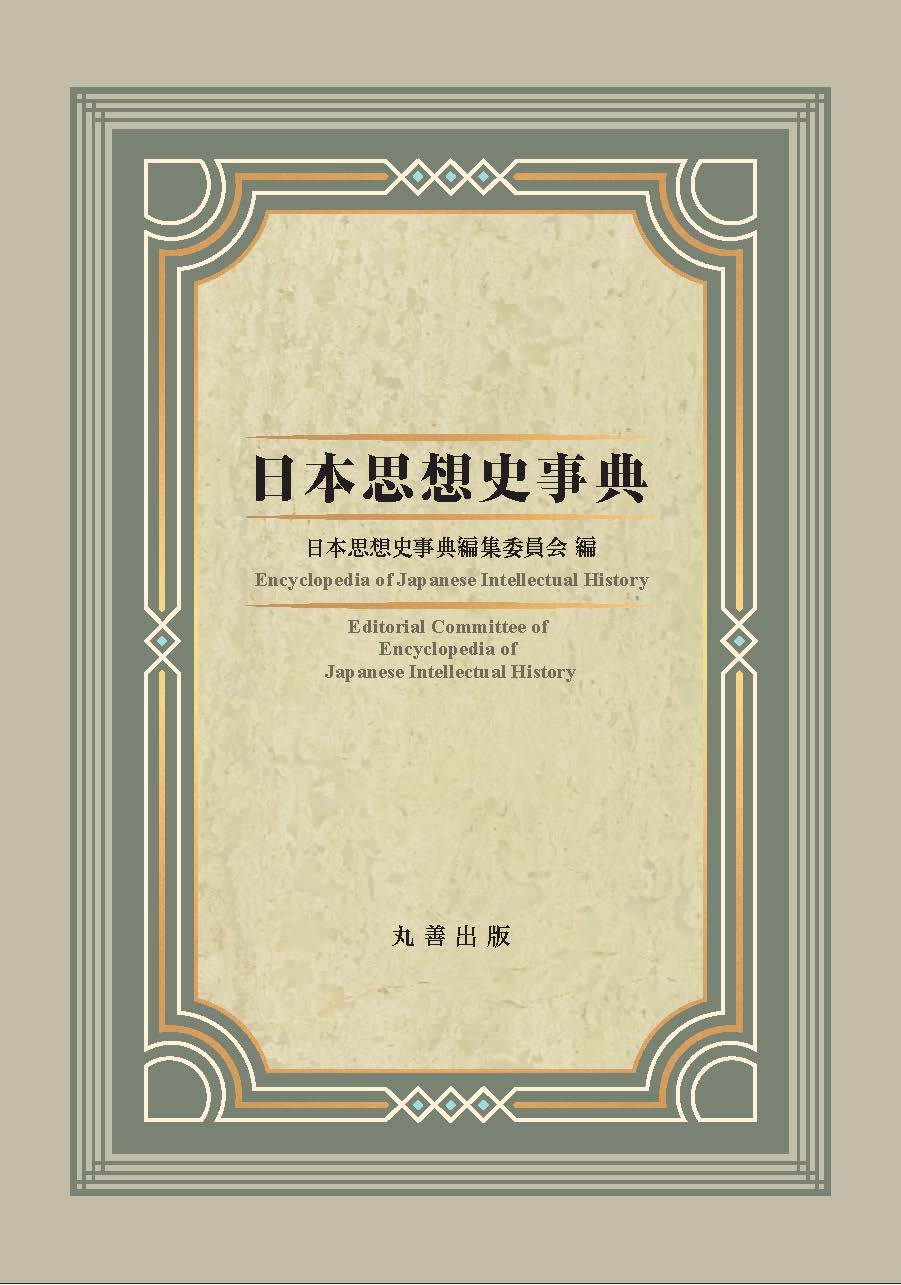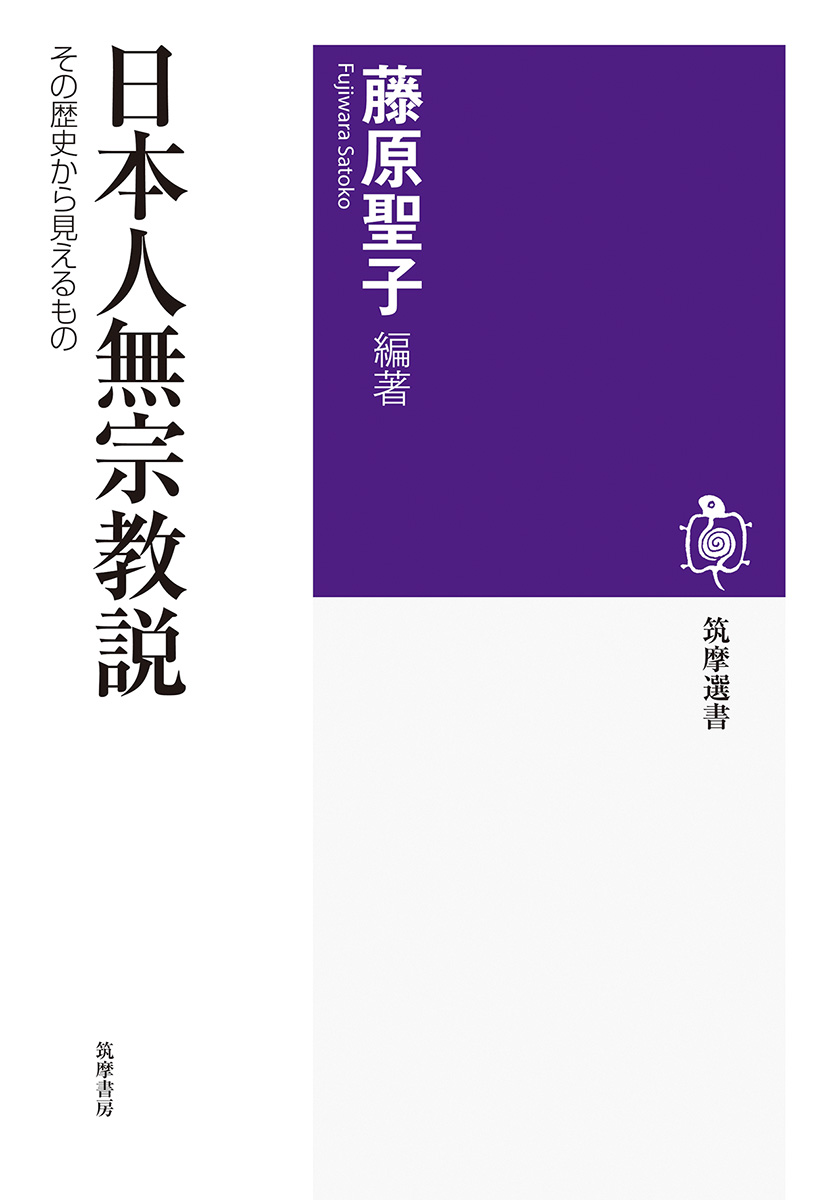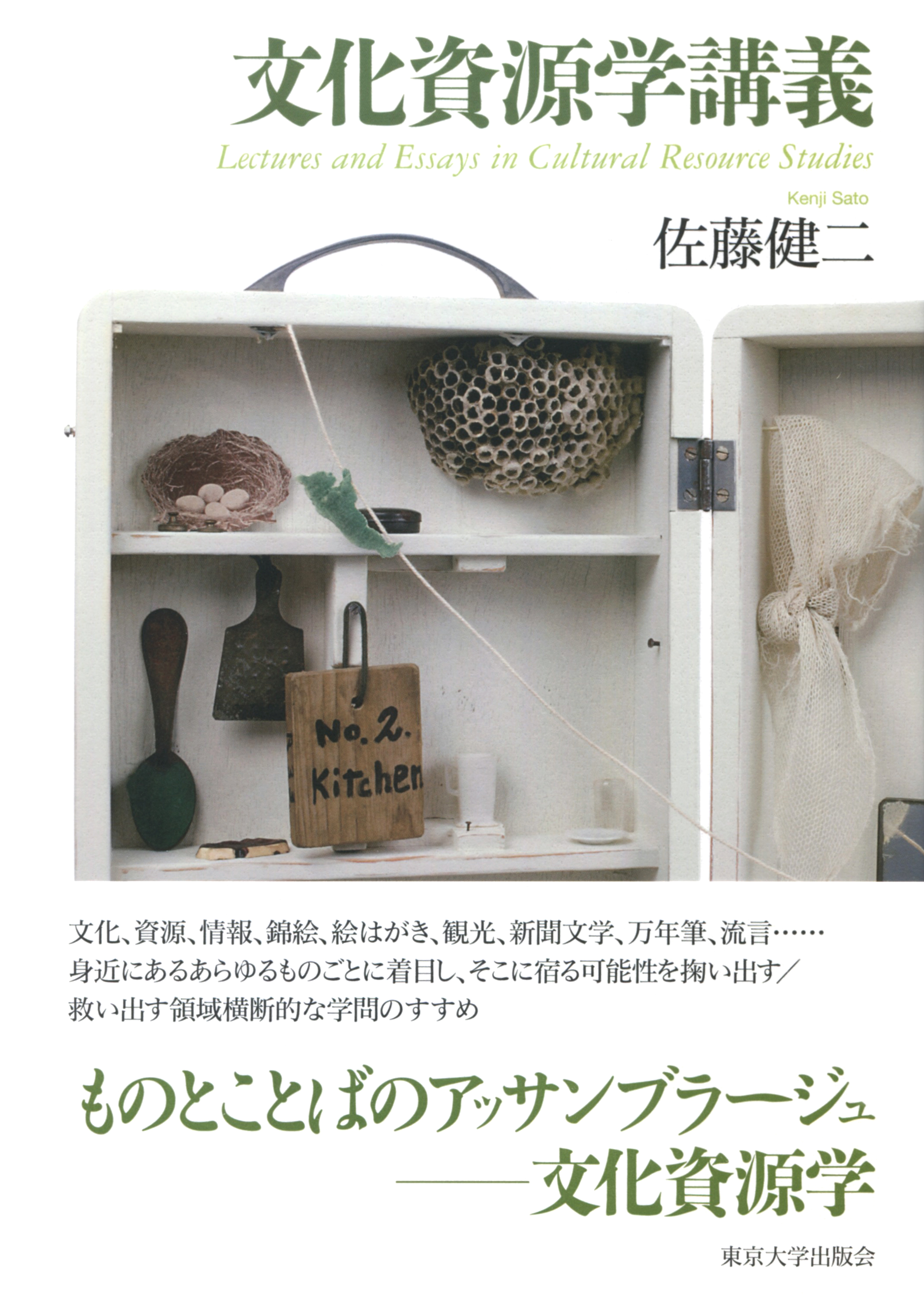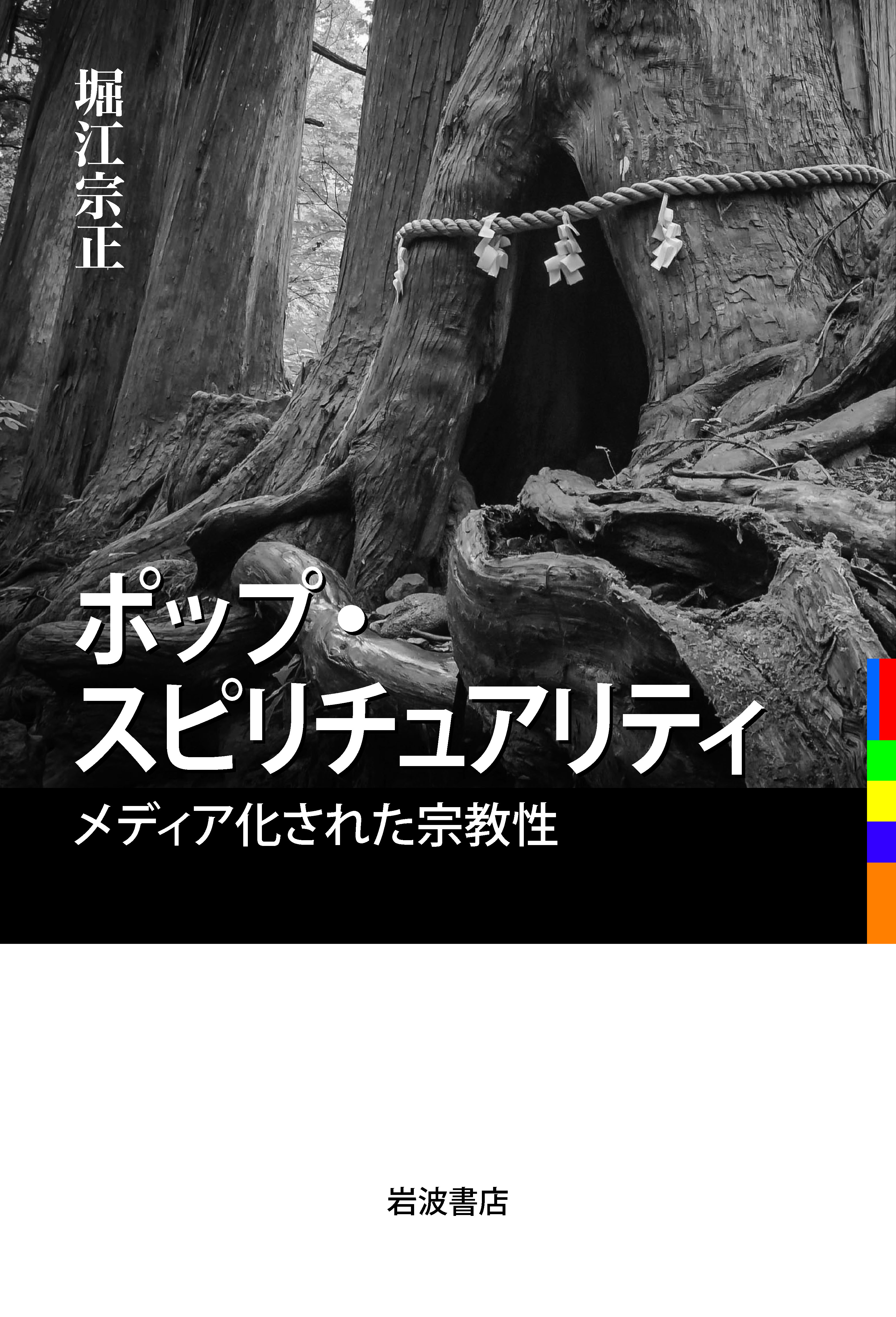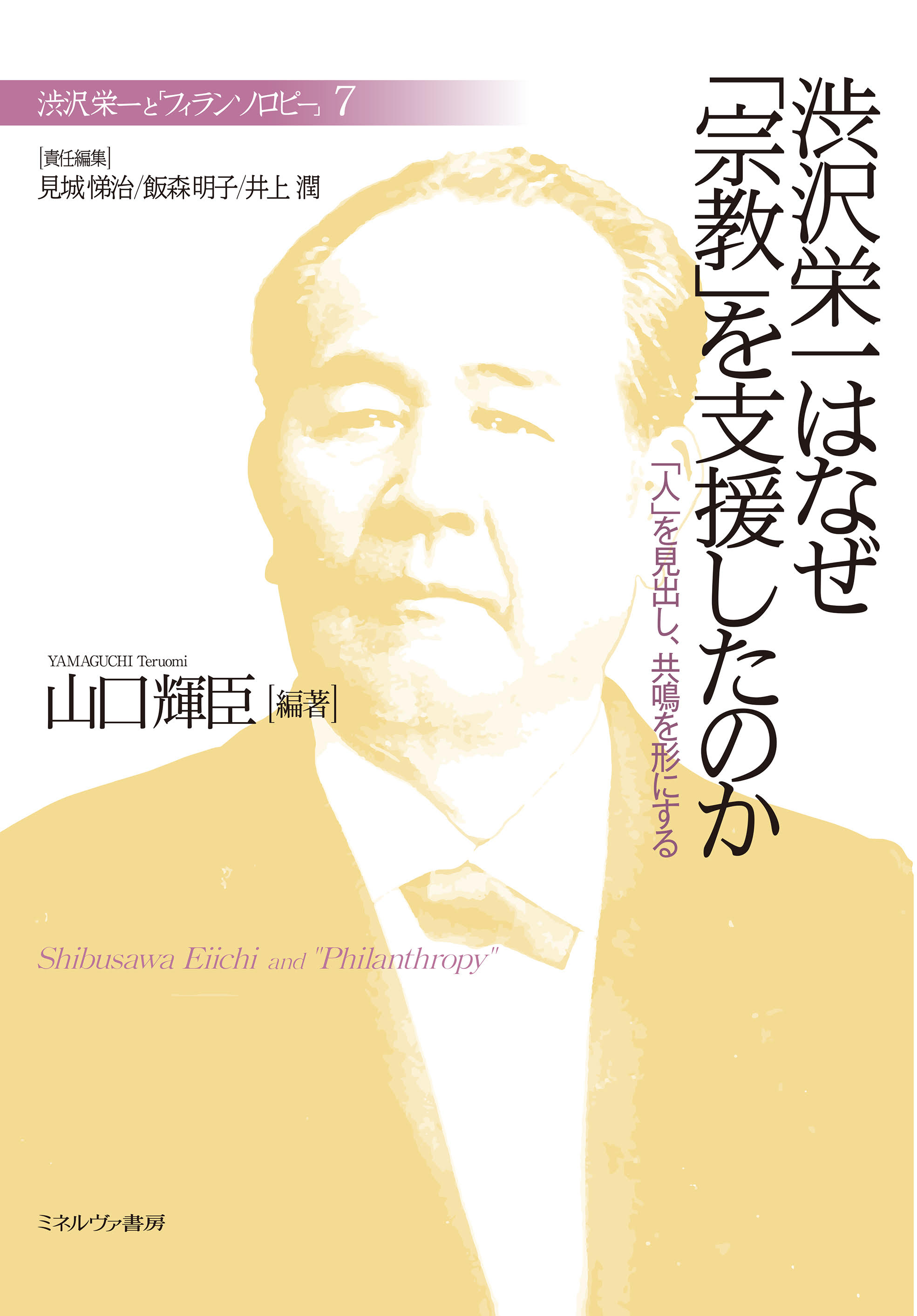
Title
Shibusawa Eiichi and "philanthropy" 7 Shibusawa Eiichi wa naze “Syukyou” wo Shien shitanoka (Why did Shibusawa Eiichi support religion? - The elites and religion in modern Japan)
Size
232 pages, A5 format
Language
Japanese
Released
April 10, 2022
ISBN
9784623093007
Published by
Minerva Shobo
Book Info
See Book Availability at Library
Japanese Page
Anyone who has landed on this page surely knows who Shibusawa Eiichi is—the man known as the premier industrialist of modern Japan, whose face will adorn the new 10,000-yen note in 2024. Shibusawa Eiichi was also an avid philanthropist who was involved with over 600 companies and organizations, including some religious ones.
Given the extent of his philanthropic activity, it might not be surprising that some of the organizations would be religious. However, Shibusawa labeled himself a non-religious person and had no scruples about doing so, and yet not only did he contribute to the Salvation Army and Shuyo-dan, he supported a wide range of activities, including the mass meetings of Sunday schools and Korean Buddhist organizations; the construction of the Meiji Jingu Shrine in Tokyo and the Nanko Shrine in Shirakawa, Fukushima Prefecture; and the maintenance of Kan'ei-ji Temple in Ueno, the Yushima-seido Temple, and temples and shrines in his hometown of Fukaya, Saitama Prefecture. As prodigiously wealthy and generously philanthropic as he was, though, this does not necessarily explain why he would support religion while calling himself a non-religious person. What could be the reason for this?
This book is an attempt to unravel this simple mystery surrounding Shibusawa Eiichi based on archival materials he left behind. Therefore, first of all, I have made an effort to paint the whole picture of his support for religion. This has resulted in the first book in the world to discuss the relationship between Shibusawa and religion head on. It should satisfy the curiosity of anyone who wants to learn far more and more deeply about the philanthropist than a typical biography would allow.
Now, almost all of Shibusawa's support for religion came not from him alone, but rather from a group of elites—mainly industrialists—he gathered from politics, the public sector, business, and academia. Japan’s elites are considered to have had scant interest in religion, though they may not have publicly declared themselves non-religious persons, yet even they would offer their support to it when given the chance. Seen from the perspective of religion, this means that there existed some social basis among them for supporting religion.
This book thus aims to present a fresh perspective on the relationship between the elites and religion in modern Japan through a detailed examination of Shibusawa Eiichi, a figure with an abundant historical record. If I say so myself, I believe this book will be of interest to anyone who is curious about religion in modern Japan, if not Shibusawa himself. Please do pick up a copy if you get the chance.
(Written by YAMAGUCHI Teruomi, Professor, Graduate School of Arts and Sciences / 2023)



 Find a book
Find a book


